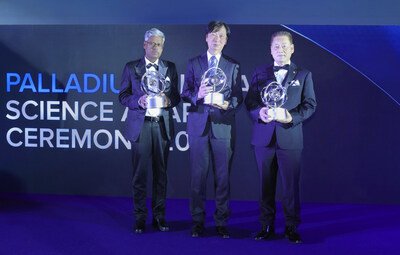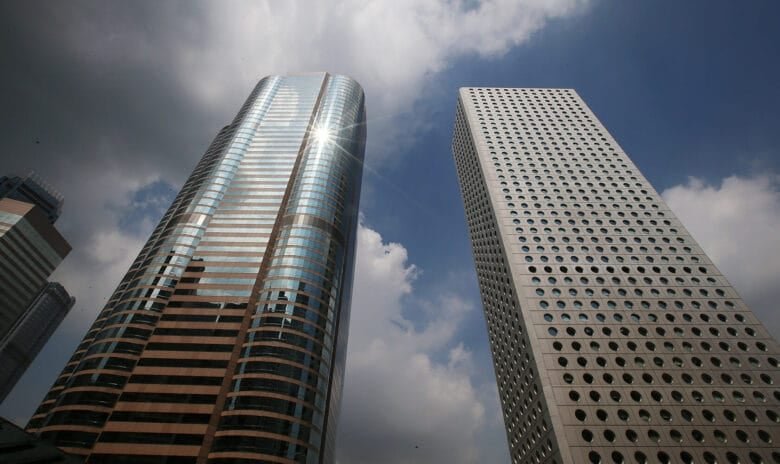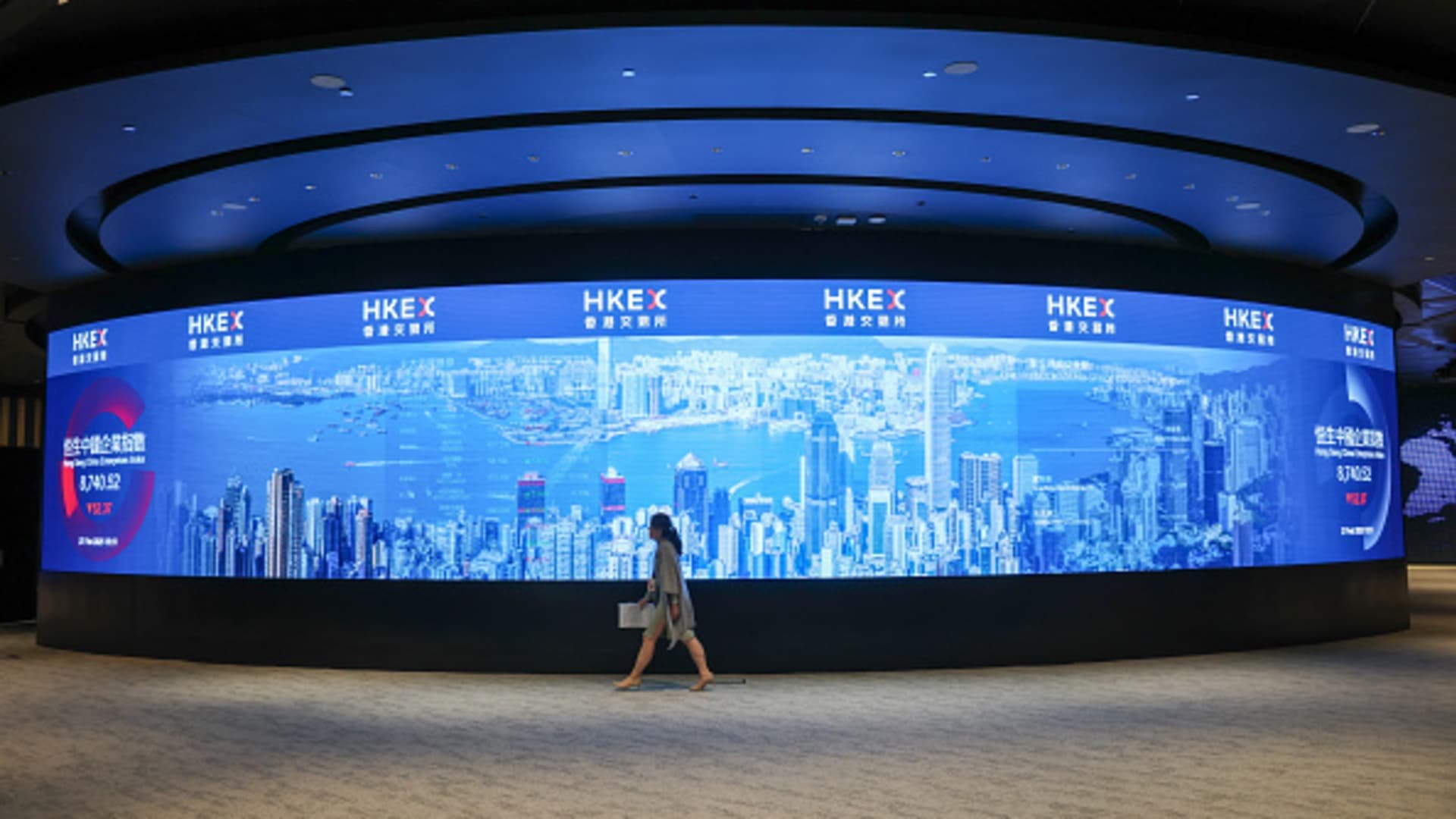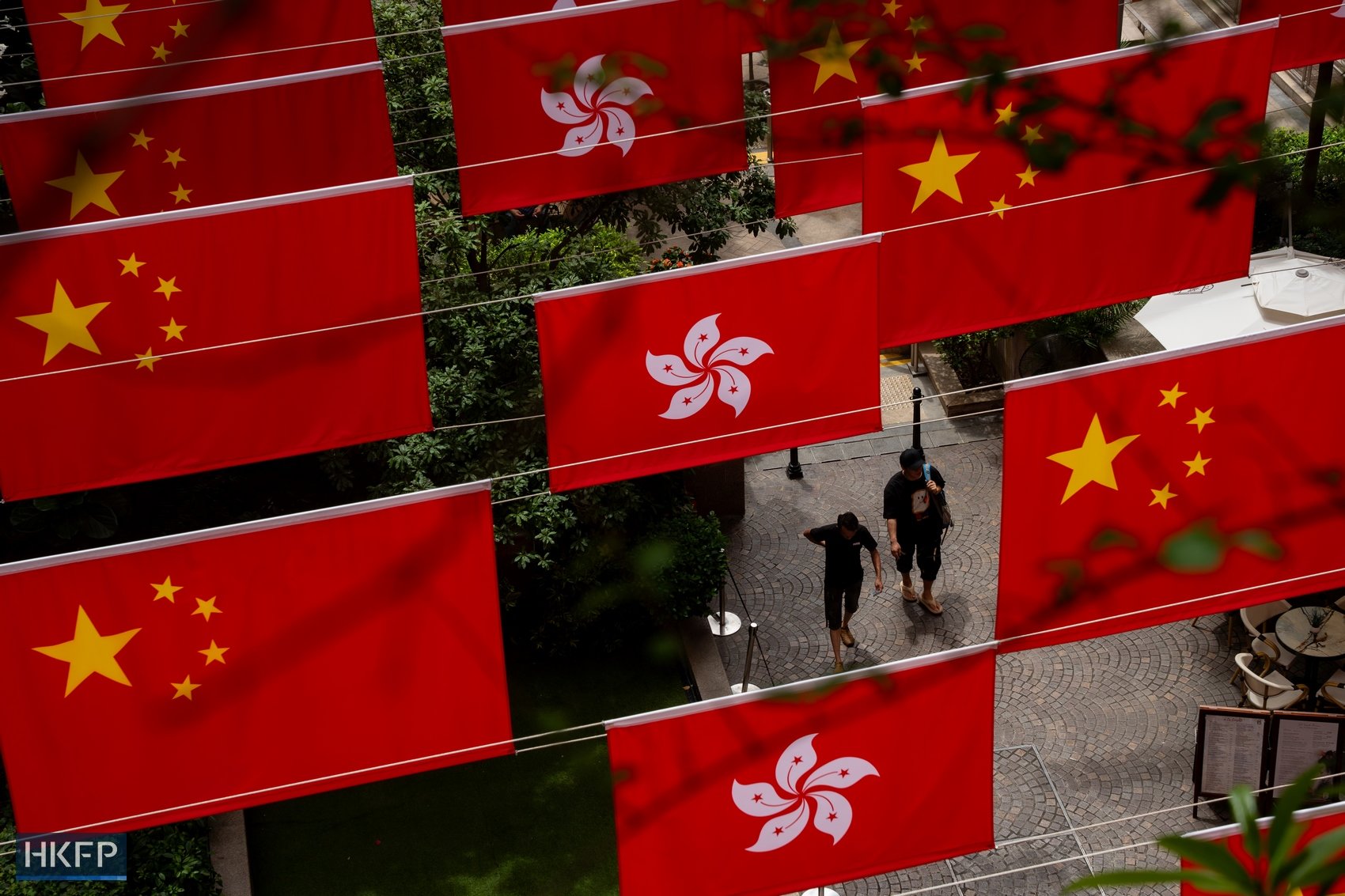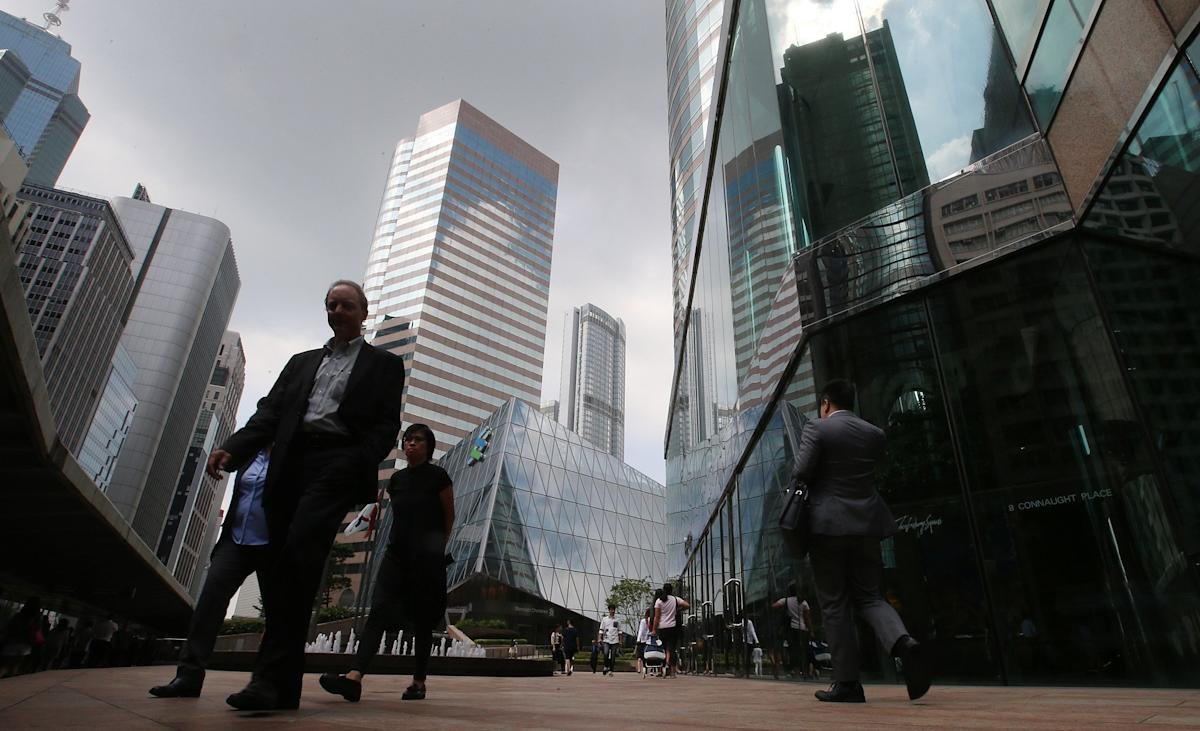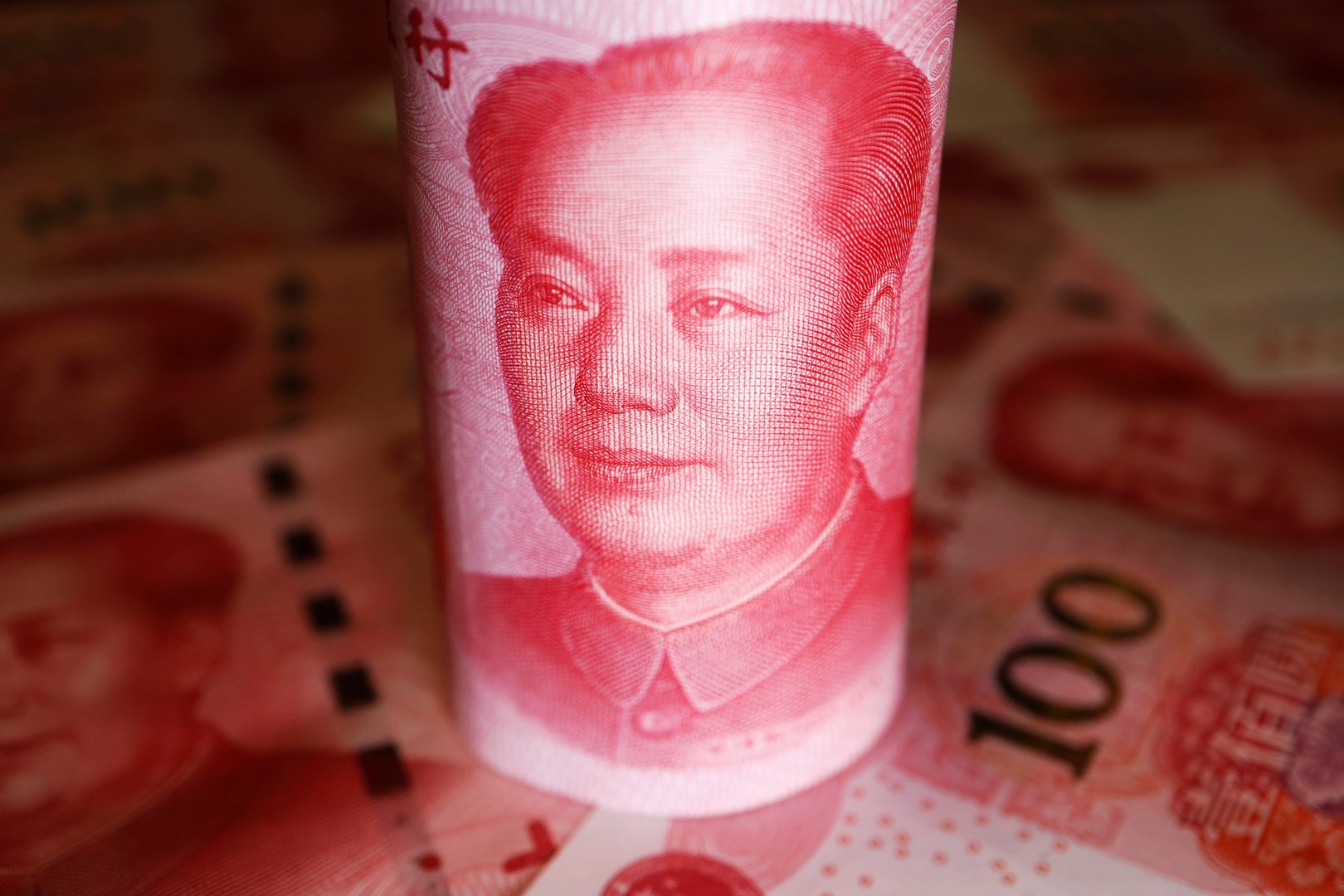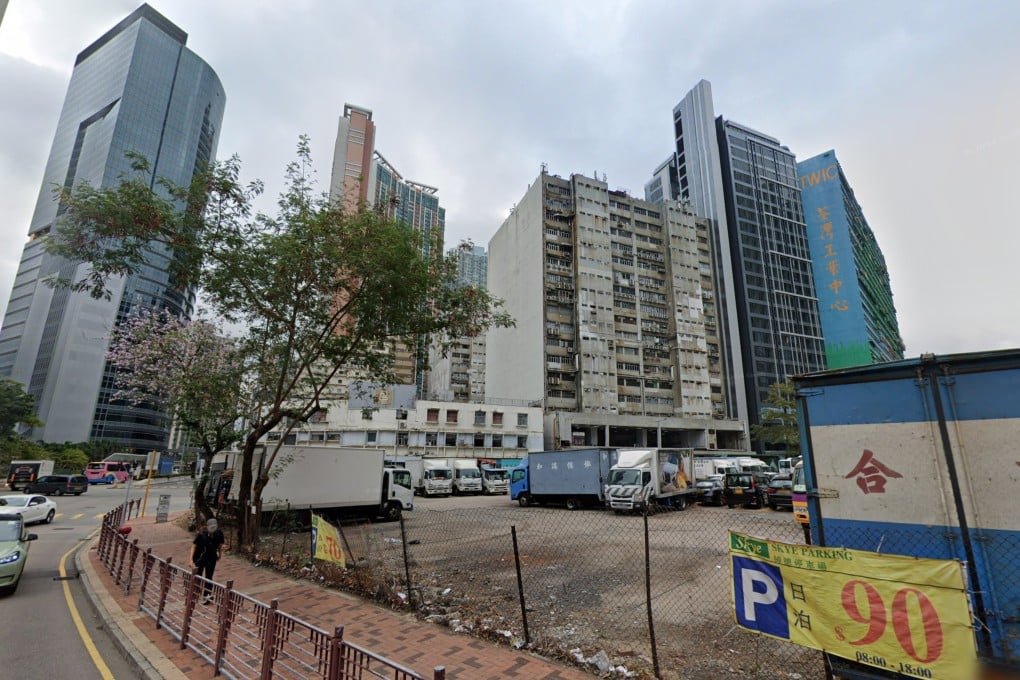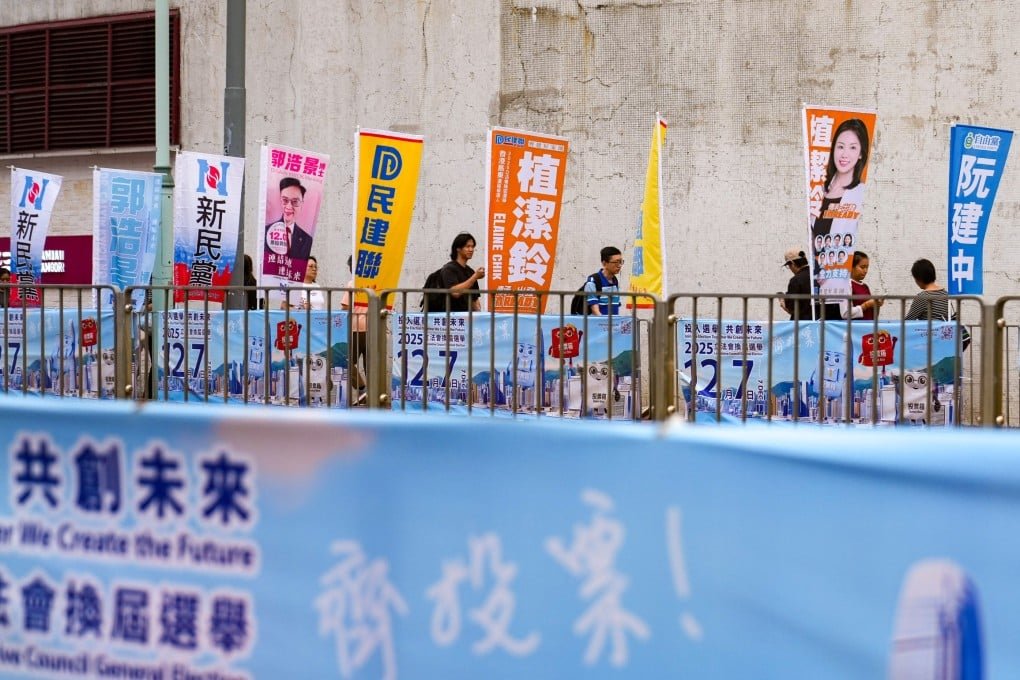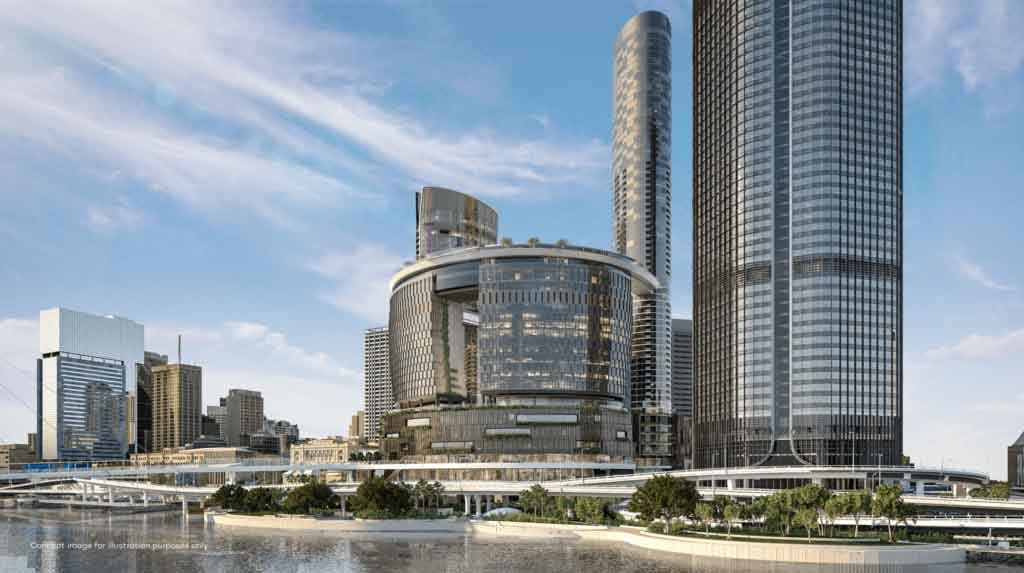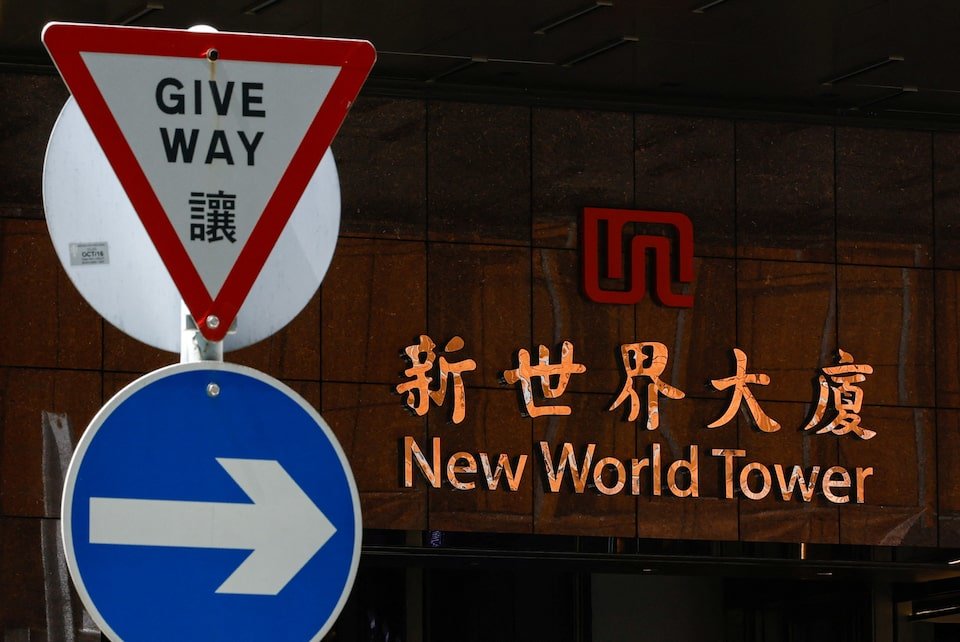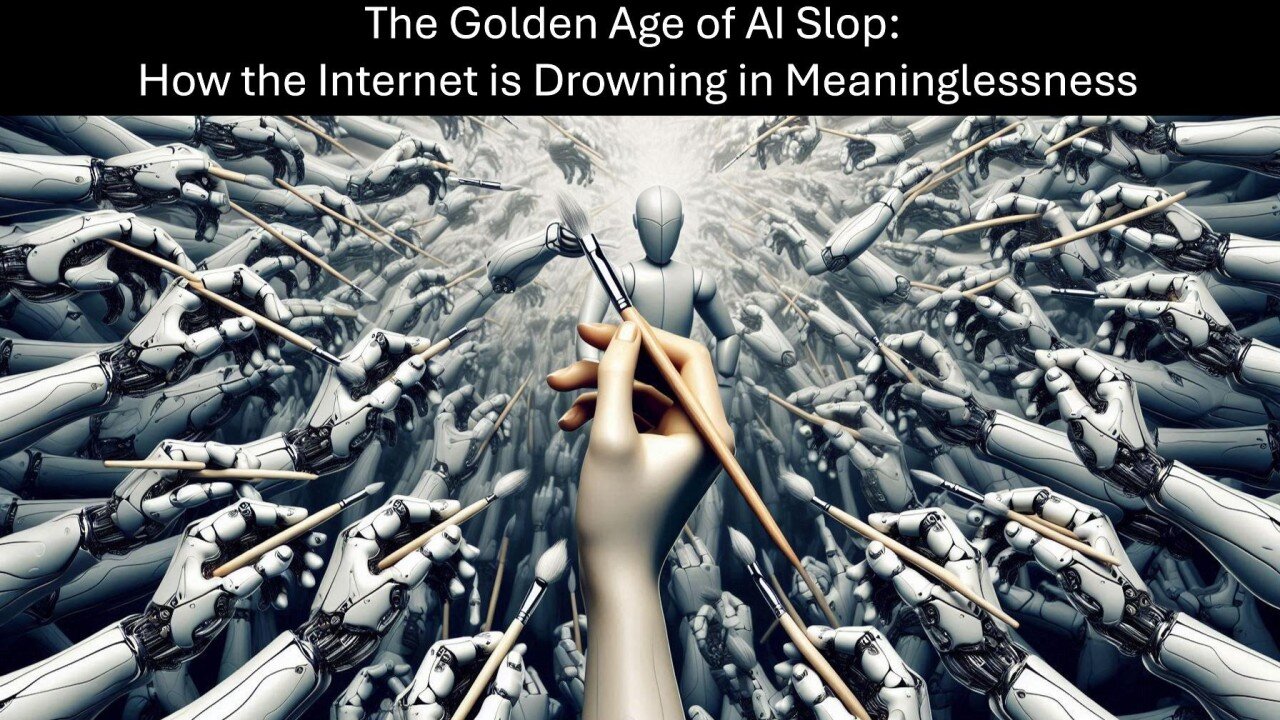
According to the Creative Economy Agency (CEA), the creative economy now represents US$44.5 billion, just over eight percent of the country’s gross domestic product, with nearly 990,000 people employed and over 93,000 business models operating nationwide.
Speaking at the “Ignite Thailand-Korea Business Forum” in Bangkok, the agency’s director asserted that the shift reflects a broader transformation of Thailand’s economy into one driven by technology, intellectual property and creative value.
“People often assume economic success comes from manufacturing or heavy industry,” he said, “but Thailand’s creative economy already accounts for slightly more than eight per cent of GDP and shows how powerful creativity can be as a national growth driver.”
Within the creative economy, the content industry — spanning film, television, digital media and gaming — was identified as particularly high in creative intensity.
Although it currently accounts for less than seven percent of the broader creative-economy segment, its estimated broader economic impact stands at around US$21 billion, driven by advertising, entertainment services and digital media.
Thailand has also seen international successes: Thai-produced titles such as the thriller “Hunger” (2023), drama “Master of the House” (2024) and the Netflix film “Mad Unicorn” (2025) have captured global interest, while the 2024 blockbuster “How to Make a Billion Before Grandma Dies” approaches the milestone of US$100 million in global box office receipts.
The government is scaling up infrastructure to support the sector.
The CEA manages four regional offices and the flagship Thailand Creative & Design Center (TCDC); in the coming three years the agency plans to establish 20 additional TCDC sites nationwide.
It also partners with 49 domestic universities to integrate creative-industry training into curricula and enhance workforce capability.
Thailand has also embraced international collaboration: Thai-Korean and Thai-Chinese co-productions are increasing, including the horror film “The Medium” (2021), animation “Out of the Nest” (2024), and the upcoming “Running Man Thailand,” a joint venture between Korean network SBS and Chinese streaming service iQIYI.
These cross-border projects reflect the country’s ambition to become a regional hub for creative production.
In line with this strategy, the Board of Investment (BOI) has refined policy incentives for creative sectors, offering tax holidays, cash rebates and streamlined permits for foreign specialists in film-post production, gaming and digital content.
The ministry emphasises that the creative economy forms a key pillar of the Bio-Circular-Green (BCG) economic model and is central to achieving Thailand’s long-term growth and diversification goals.



